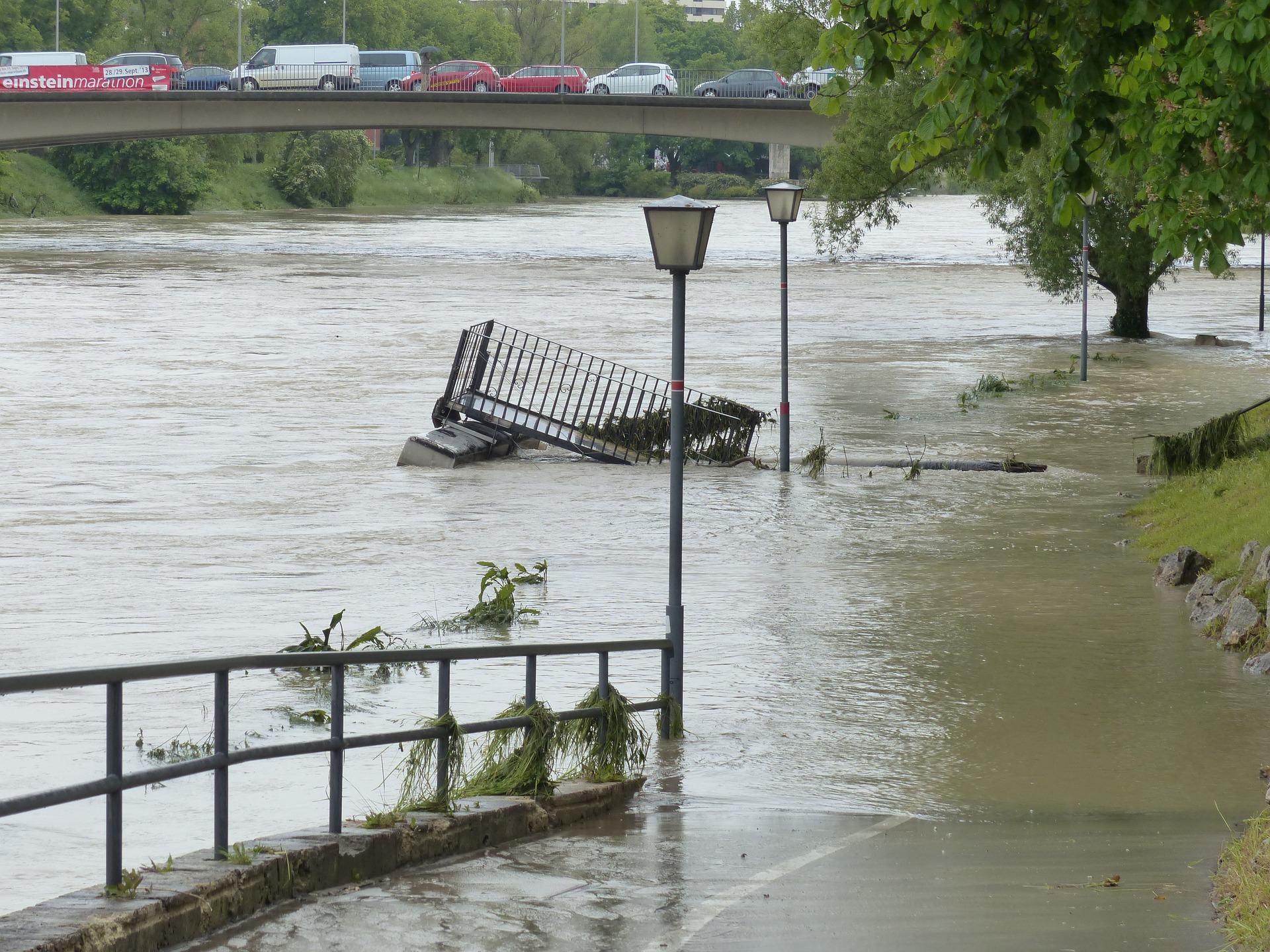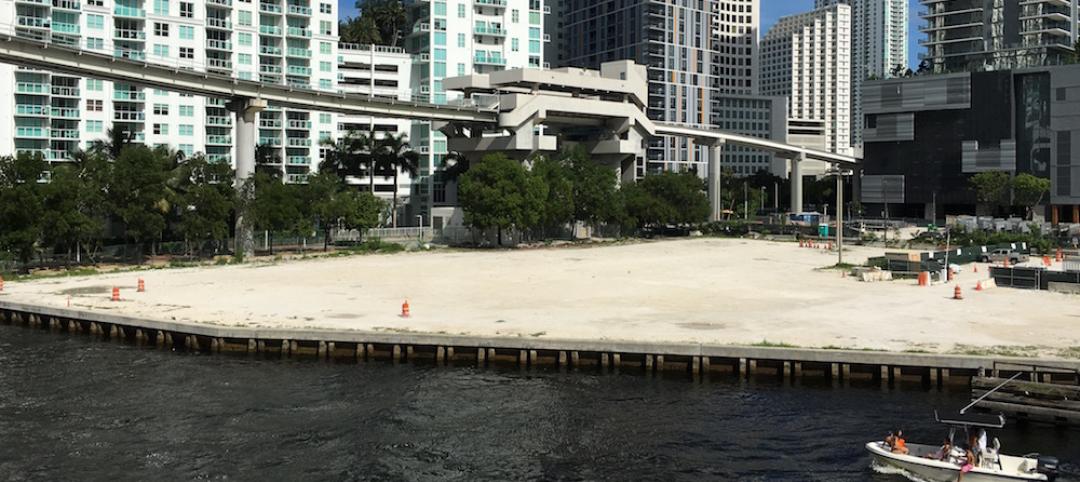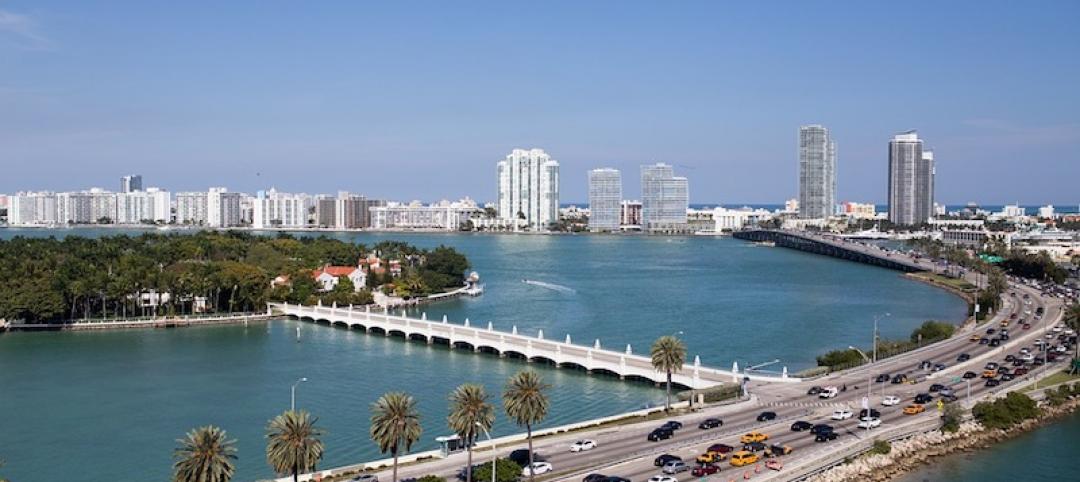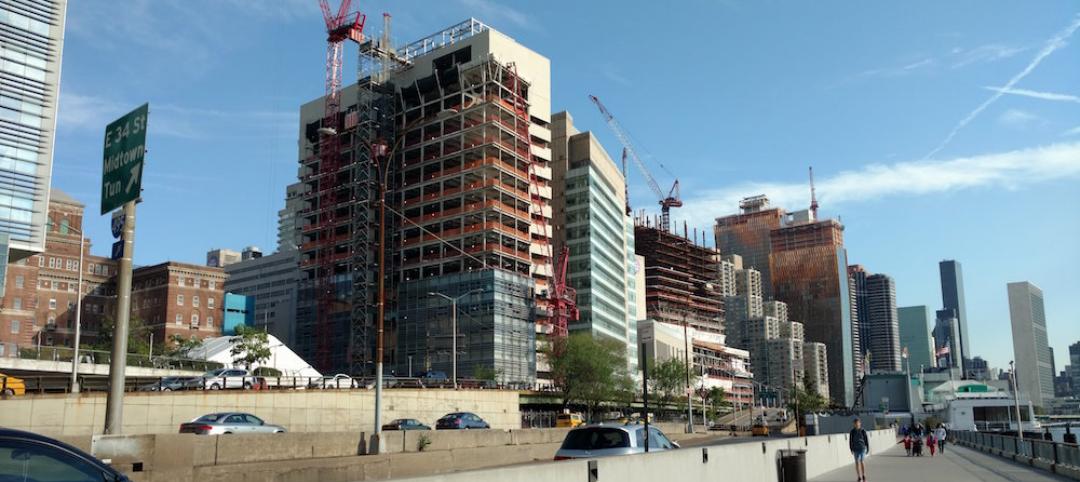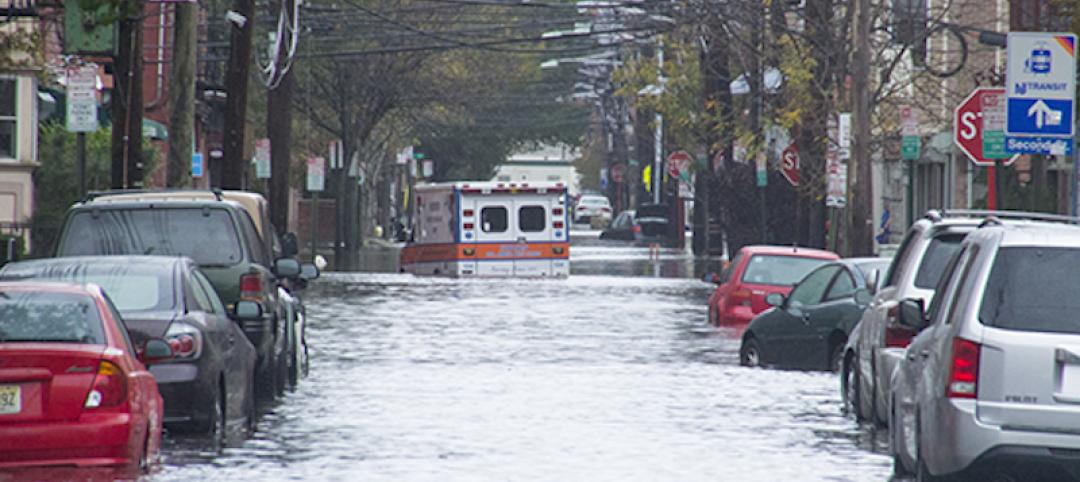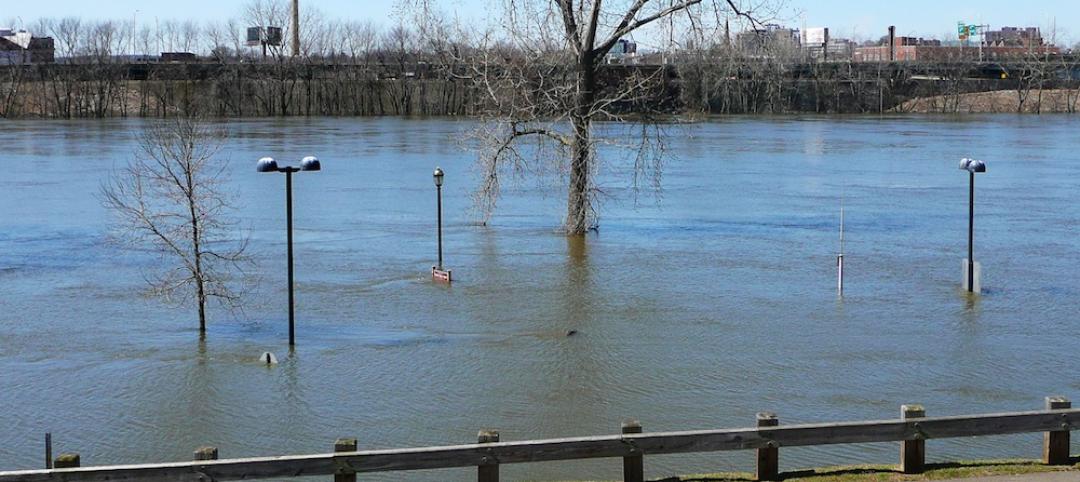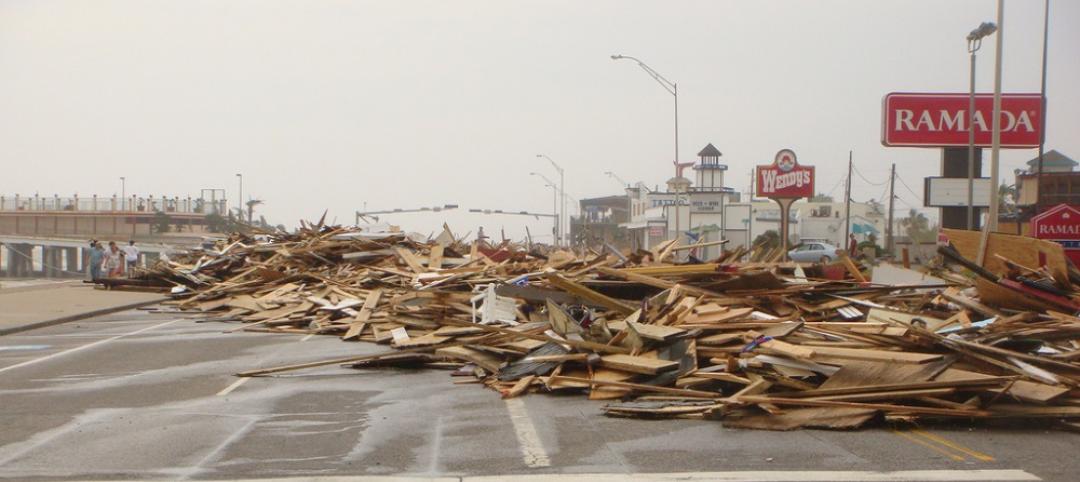The perception that the U.S. has not been able to curb development in flood-prone areas is mostly inaccurate, according to new research from climate adaptation experts.
A national survey of floodplain development between 2001 and 2019 found that fewer structures were built in floodplains than might be expected if cities were building at random. Data indicates that the average city now avoids new construction in floodplains, a finding that bucks conventional wisdom.
Communities in two states, Florida and Louisiana, are exceptions. These states are responsible for most of the floodplain construction in the U.S. this century. Much of the available land in these states is in either coastal or riverine floodplains, and the economies of both states largely depend on proximity to water.
Researchers focused on New Jersey and found that more than three-quarters of Garden State towns reduced floodplain development since 2000. About a quarter of the state’s communities eliminated floodplain development. They did through “routine municipal practices” such as zoning changes and permit denials.
A caveat to the research is that flood zones were delineated by Federal Emergency Management Agency flood insurance maps, which researchers say are outdated.
Related Stories
Resiliency | Jul 27, 2016
New York’s resilience plans not taking long-term view, critics charge
Continued waterfront development may be regretted later this century.
Resiliency | Jul 18, 2016
Impact fees on development proposed to fund Miami’s rising sea level resiliency plans
$400 million flood plan includes new valves, pumps, and raised roadways.
Resiliency | Jun 1, 2016
Federal agencies boost standards for more resilient construction
HUD, FEMA, GSA, Army Corps of Engineers make policy changes.
Green | May 31, 2016
Miami Beach requires developers to meet green standards or pay a fee
Applies to structures larger than 7,000 sf.
Resiliency | May 12, 2016
Resilience Building Coalition releases progress report
The coalition released a set of guiding principles to help the building industry adopt resilient design and policies. Since the initial signing, the coalition has added 19 new signatories.
Architects | May 11, 2016
AIA to create a resilience curriculum for architects
The program will teach resilient design and decision-making on hazard mitigation, climate adaptation and community resilience.
Legislation | May 11, 2016
Two bills seek to expand flood insurance policy writing to private carriers
Thanks to new floodplain maps, this market, previously the sole province of a federal program, looks more profitable.
Resiliency | May 2, 2016
Connecticut to develop new code standards for resiliency
Expected more frequent severe weather events due to climate change prompts review.
Resiliency | Apr 6, 2016
Houston at high risk for major damage from hurricanes
After a decade of study, little has been done to improve resiliency.
Resiliency | Mar 24, 2016
HGA and Perkins+Will join National Resilience Initiative Network
The Minneapolis offices of the two firms will partner with the University of Minnesota College of Design in the Upper Midwest hub of the NRI network.


